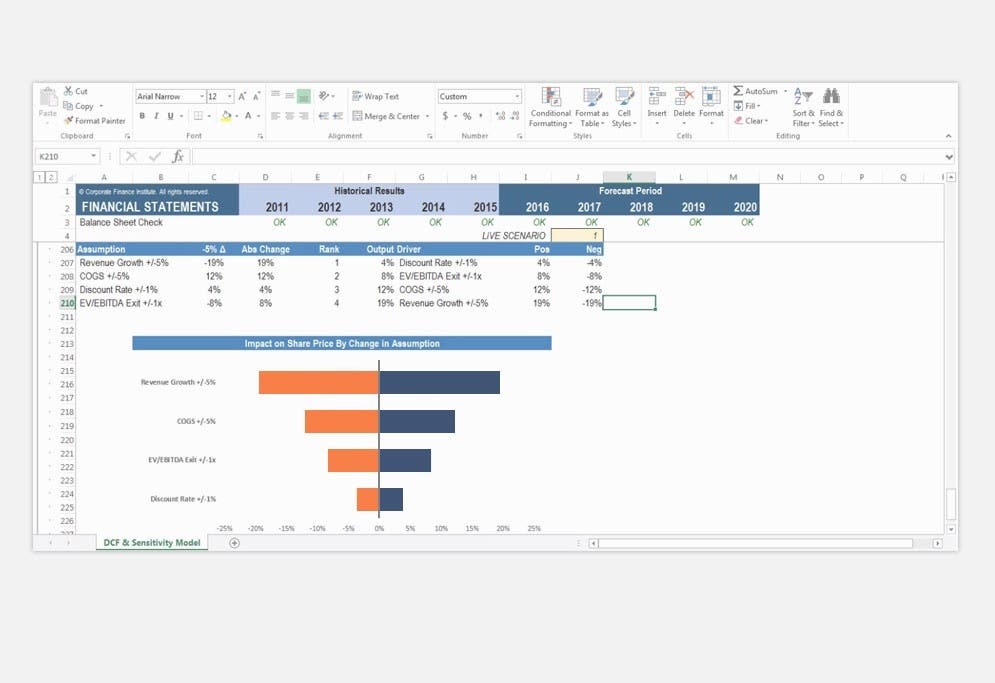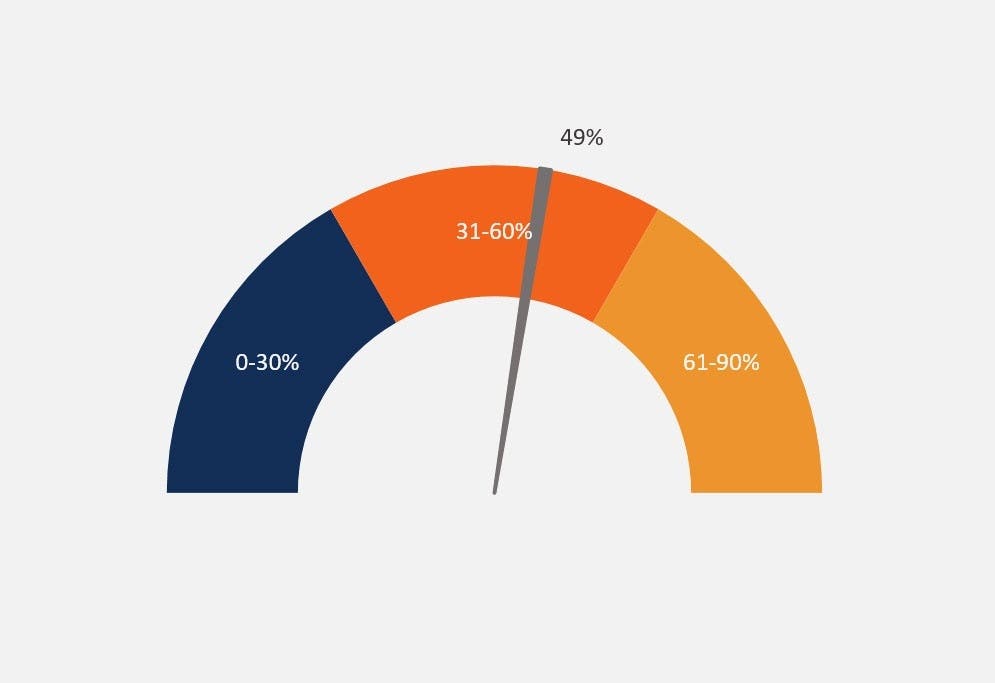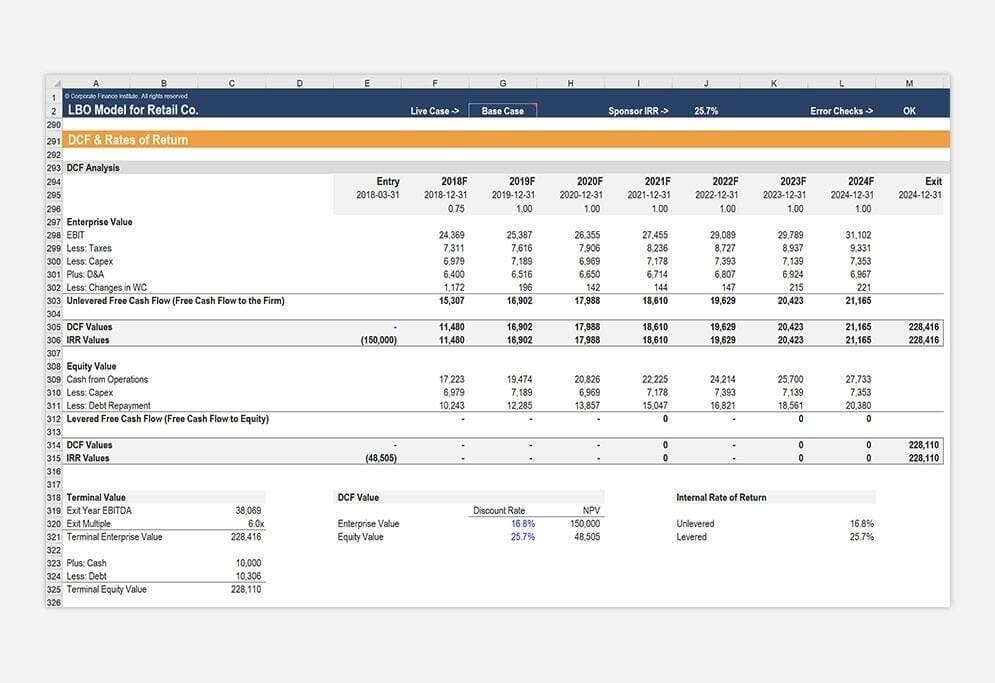- What is a Government Guarantee?
- Why Do Government Guarantees Exist?
- Examples of Government Guarantee Programs & Agencies
- United States Small Business Administration
- The Federal Housing Administration
- US Department of Veteran Affairs
- US Department of Agriculture
- Benefits of Government Guarantees
- Related Resources
Government Guarantee
Indirect security provided by a government agency to backstop credit exposure
Over 1.8 million professionals use CFI to learn accounting, financial analysis, modeling and more. Start with a free account to explore 20+ always-free courses and hundreds of finance templates and cheat sheets.
What is a Government Guarantee?
A government guarantee is an agreement between a financial institution and a government agency. It typically stipulates that if a borrower were to trigger an event of default that could not be resolved, the government agency would make the financial institution whole on its exposure.

In some instances, the guarantee is for cash repayment; in others, it’s an agreement that the agency will directly purchase any asset (or assets) underpinning the credit exposure.
This form of indirect security typically serves as an incentive for a financial institution to extend credit to a borrower demographic that may otherwise face barriers to accessing traditional credit or banking services. These include early stage companies, owner-operators of agribusinesses, or retired military service members and their families, among others.
Key Highlights
- A government guarantee is a “risk sharing” mechanism that encourages lenders to extend credit to specific population segments.
- Various regional, state, and federal programs exist to support specific demographic groups that may face barriers to accessing traditional credit.
- Benefits of a government guarantee include longer amortizations, higher loan-to-values (LTVs), and lower borrowing costs.
Why Do Government Guarantees Exist?
It’s reasonable to wonder why a government organization would be willing to backstop private credit using public funds.
The specific rationale behind each agency and/or program varies considerably, but in general, they exist to support the unique needs of a specific population segment.
Without access to banking services and credit, it can be difficult for many underbanked stakeholders to meaningfully participate in (and contribute to) the economy. As a result, many government programs exist to help ensure that these stakeholders are able to secure credit from a traditional financial services firm, like a commercial bank or credit union.
Examples of Government Guarantee Programs & Agencies
The following are examples of agencies and/or programs that provide some type of government guarantee to financial services firms. While these examples are all based in the United States, programs and agencies with similar mandates exist in many jurisdictions around the world.
United States Small Business Administration
This is often referred to as the SBA[1] (or as an SBA loan). Many small and early stage companies without a long track record of business operations can struggle to access capital.
A large part of the SBA’s mandate is to support entrepreneurship by helping small business owners access traditional bank credit; they do so by providing guarantees to the financial services firm that is extending credit. Financial institutions must be accredited by the SBA before being permitted to underwrite SBA loans.
The Federal Housing Administration
Founded in 1934, the FHA[2] is believed to be one of the largest (if not THE largest) insurers of residential mortgage loans in the world. By having government support behind these mortgages, financial institutions are willing to extend credit to a greater number of potential home buyers, which in turn helps them participate in (and grow) the economy in a variety of ways.
The FHA program is technically an insurance product – as opposed to a “guarantee” – but the impact (from the lender’s perspective) is the same. Like the SBA, lenders must be accredited by the FHA in order to qualify for the program.
US Department of Veteran Affairs
In an effort to support active service members, military Veterans, and surviving spouses in becoming homeowners, the Department of Veteran Affairs offers what they call the Home Loan Guaranty[3] program.
Instead of backstopping the exposure with a standard cash guarantee, the agreement is that the Department will purchase the property in the event of default and pending foreclosure.
US Department of Agriculture
The USDA[4] offers loan guarantees by way of its Rural Development (RD) program. The program is open to chartered banks, credit unions, farm credit banks, and other financial institutions that service agricultural clients in rural America.
The USDA guarantees these agribusiness clients’ credit exposure, allowing lenders to offer more favorable loan terms to this critical part of the economy (and the domestic food supply chain).
Farmer Mac[5] is another financial intermediary that serves agribusiness borrowers; in some ways, they work in concert with the USDA. Farmer Mac is a secondary market for agricultural credit, allowing rural lenders to securitize and sell some of their agribusiness loans instead of holding them on the balance sheet.
Benefits of Government Guarantees
There are many benefits to structuring credit using a government guarantee, but they depend on which counterparty you ask.
For the Borrower
Specific benefits and considerations vary by program, but the most important is often that a borrower can qualify for credit at all (where they may otherwise have not). It may also spare the borrower from having to work with a payday lender (or other predatory creditor).
In general, there are other characteristics, too. These include a higher loan-to-value (LTV), longer amortization periods, more favorable interest rates, and/or smaller personal guarantees.
For the Lender
From the lender’s perspective, government guarantees mean that the firm doesn’t need to bear all of the default risk – a practice known as risk sharing. And in the case of a government guarantee, the partner with whom they’re sharing that risk is (effectively) backstopped by the Federal Reserve.
A risk-sharing arrangement permits lenders to do deals they might not otherwise consider. Two examples:
- A residential mortgage lender may prefer a 10% down payment against a particular property, but perhaps they’re willing to go to 95% LTV if there’s an FHA program in place and the firm is confident they’ll be made whole on the exposure.
- A rural community bank’s credit portfolio may be made up of 75-80% agricultural loans – this represents significant concentration risk (in the event of drought or commodity price collapse, etc.). A guarantee program (and/or securitization option) might allow the firm’s management team to get comfortable with this level of concentration.
Related Resources
CFI offers the Commercial Banking & Credit Analyst (CBCA)™ certification program for those looking to take their banking careers to the next level. To keep learning and advancing your career, the following resources will be helpful:
Article Sources
Fundamentals of Credit
Learn what credit is, compare important loan characteristics, and cover the qualitative and quantitative techniques used in the analysis and underwriting process.
Create a free account to unlock this Template
Access and download collection of free Templates to help power your productivity and performance.
Already have an account? Log in
Supercharge your skills with Premium Templates
Take your learning and productivity to the next level with our Premium Templates.
Upgrading to a paid membership gives you access to our extensive collection of plug-and-play Templates designed to power your performance—as well as CFI's full course catalog and accredited Certification Programs.
Already have a Self-Study or Full-Immersion membership? Log in
Access Exclusive Templates
Gain unlimited access to more than 250 productivity Templates, CFI's full course catalog and accredited Certification Programs, hundreds of resources, expert reviews and support, the chance to work with real-world finance and research tools, and more.
Already have a Full-Immersion membership? Log in





